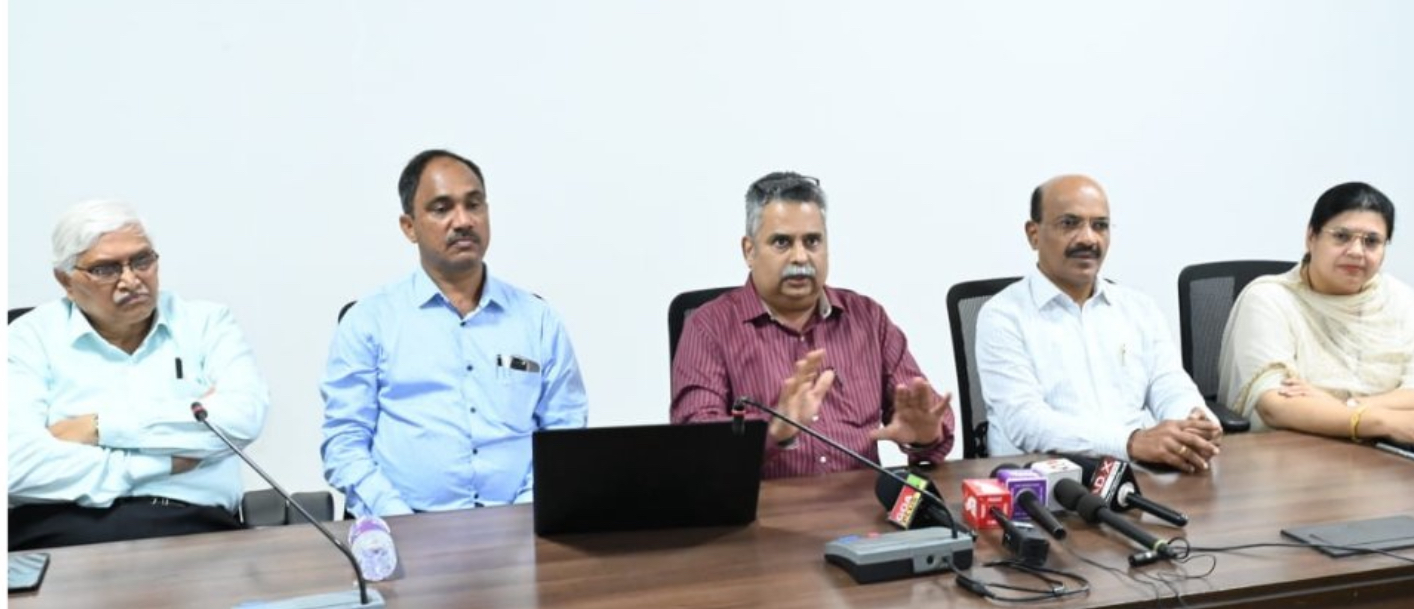
Panaji: The NEP 2020 will be implemented for Class 3 and Class 6 from the next academic year, while Class 9 will follow in the 2024-25 academic year. By 2027-28, NEP coverage will extend from Foundation Stage 1 to Class 10, according to Education Secretary Prasad Lolayekar. The announcement was made on May 21, 2024, in the presence of key education officials.
NEP 2020 divides school education into four stages: Foundational (Nursery to Class 2), Preparatory (Classes 3-5), Middle (Classes 6-8), and Secondary (Classes 9-12). The Foundational Stage began implementation in the 2023-24 academic year.
The curriculum under NEP 2020 includes ten areas: three languages, Science, Mathematics and Computational Thinking, Social Science and Humanities, Inter-Disciplinary Areas, Art Education, Physical Education, and Vocational Education. Languages include English (R1), Konkani/Marathi/Hindi (R2), and any other Indian or foreign language offered by the Goa Board (R3). Students studying a foreign language in Class 8 can continue it in Class 9.
The NEP emphasizes aligning the current syllabus with the new curricular goals and learning outcomes. Inter-disciplinary education will cover Environmental Education, Road Safety, Financial Literacy, Electoral Literacy, and General Laws, among others. Vocational Education will encompass 15 sectors, with existing computer subjects transitioning to NSQF standards. Physical Education will now include well-being and yoga, and Art Education will cover fine arts, theatre, music, and performing arts.
Examinations will follow a semester pattern, with external assessments set by the Goa Board and marked by school teachers. Each semester will have 600 instructional hours, totaling 1200 hours per year. Internal assessments will utilize a Holistic Progress Card (HPC), and teachers will receive training on its use.
Schools will have flexibility in their timetables to accommodate the extended instructional hours. Provisions will be made for students with special needs according to Goa Board guidelines.
Heads of institutions have been briefed on the NEP 2020 implementation, and ongoing meetings will be held to ensure effective execution and address specific issues